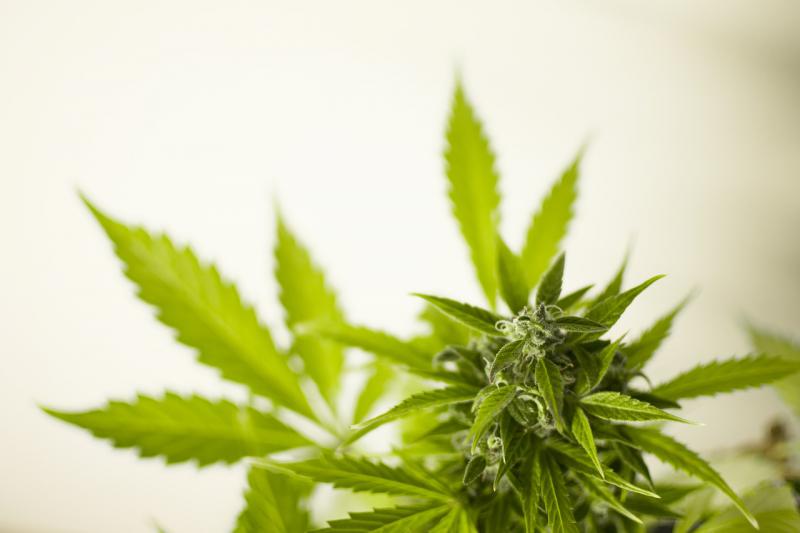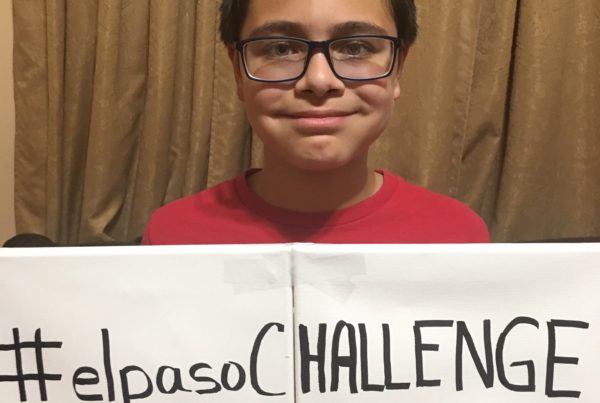When Texas lawmakers legalized hemp and hemp-derived products like CBD oil this year, their intent was an economic one. But an unintended effect of the law has been that police and prosecutors in Texas are dropping low-level marijuana cases because they have neither the time nor resources to test whether someone has hemp or marijuana in their possession.
Franklin Snyder is a professor at Texas A&M’s School of Law where one of his area of expertise is marijuana law and policy. He says that generally, if it looks like marijuana and smells like marijuana, it’s more than likely marijuana and is probable cause for an arrest. It’s a matter of proving that the cannabis plant has low levels of THC.
“Hemp and marijuana are both the same plant, they come from the plant, cannabis sativa,” he says. “Hemp is grown for its stalks and industrial purposes and it has a THC level below 0.3%. THC is the stuff that gets you high. So when Texas legalized hemp in accordance with recent federal law, police now face a situation in which someone has some cannabis plant material and if it’s less that 0.3% it’s legal if it’s more it’s illegal.”
Snyder says that prosecutors throughout Texas have taken different views on whether to charge those arrested.
“I think that jurisdictions that have tended to deemphasize marijuana prosecutions are jumping on this – to some extent – as an excuse to left people off the hook,” he says. “Prosecutors who are more friendly to marijuana legalization are more likely to want to try to move the ball in that direction.”
Anecdotally, Snyder says he has heard reports of instances where those arrested for marijuana have proven that it was in fact legal hemp. He also says if prosecutors know that if prosecutors know they have to use resources to prove a plant has low THC levels, they are more likely to drop the case.
Written by Kristen Cabrera.















